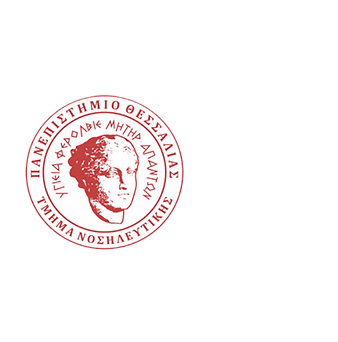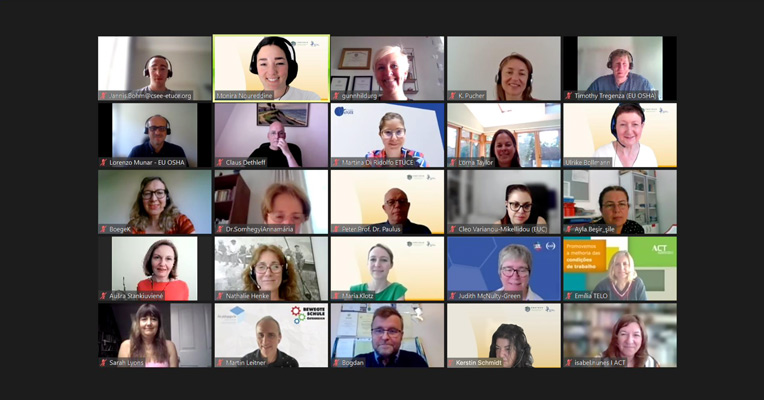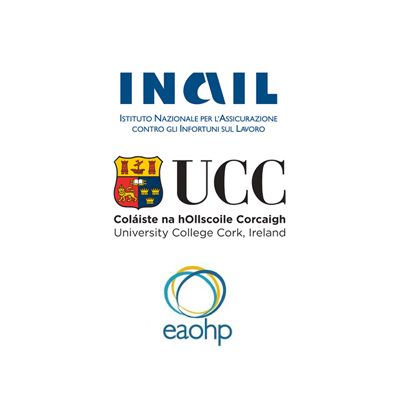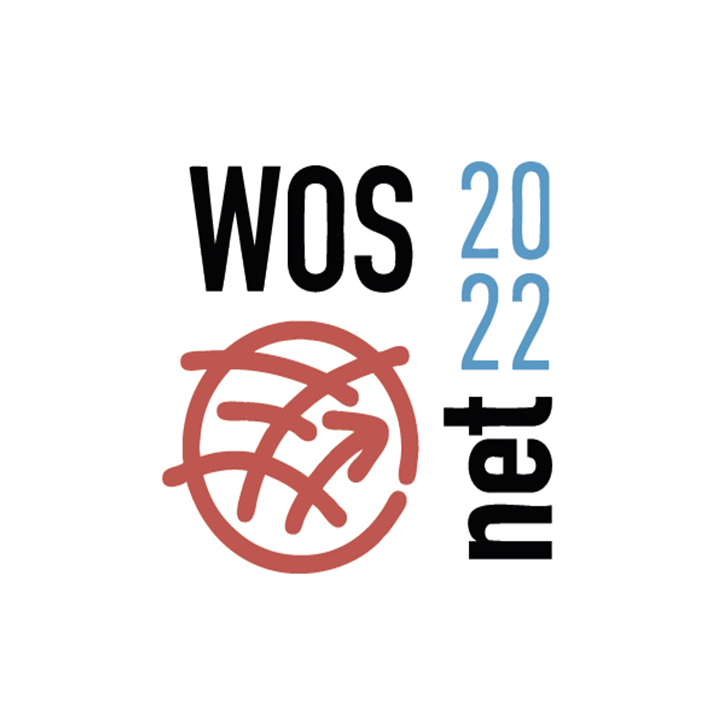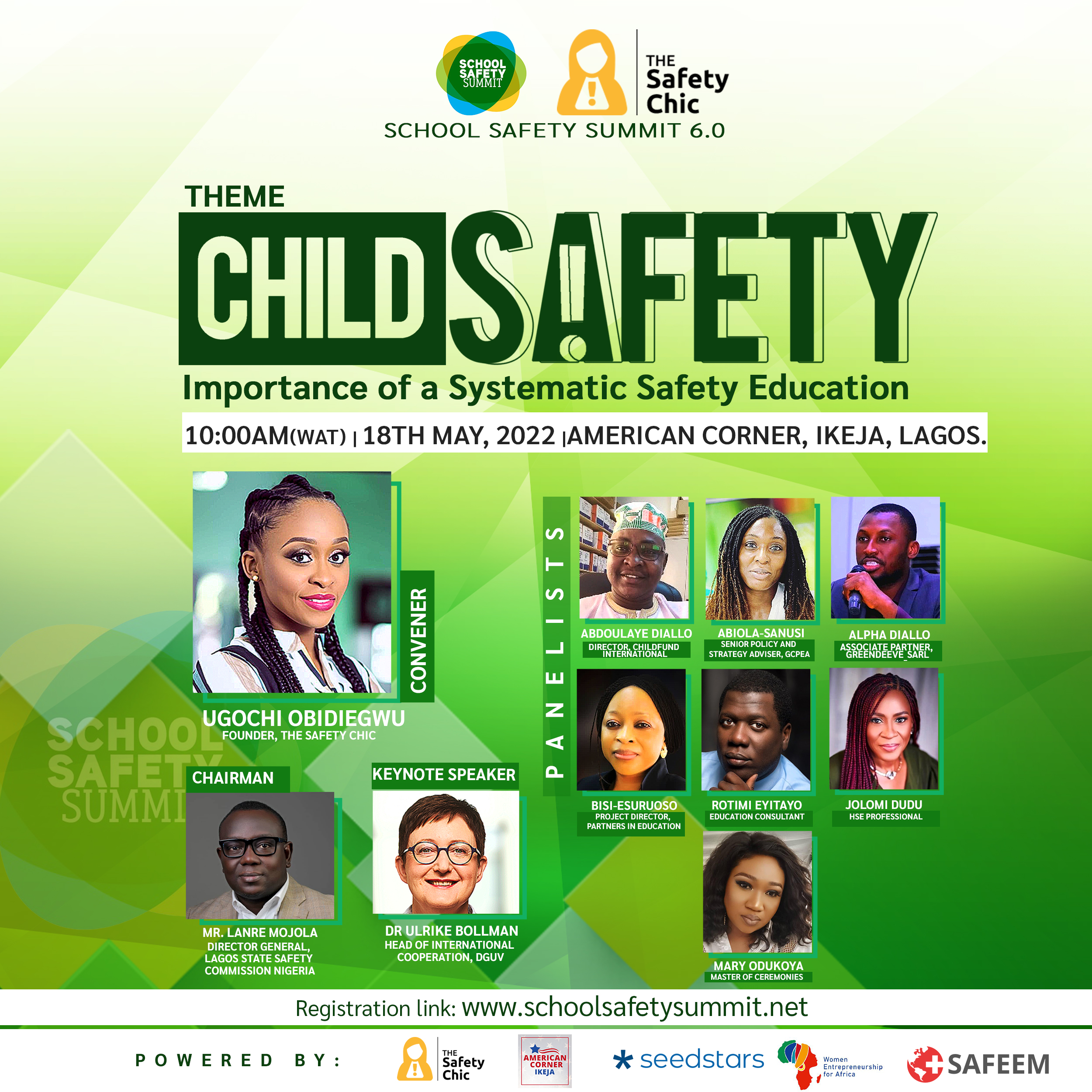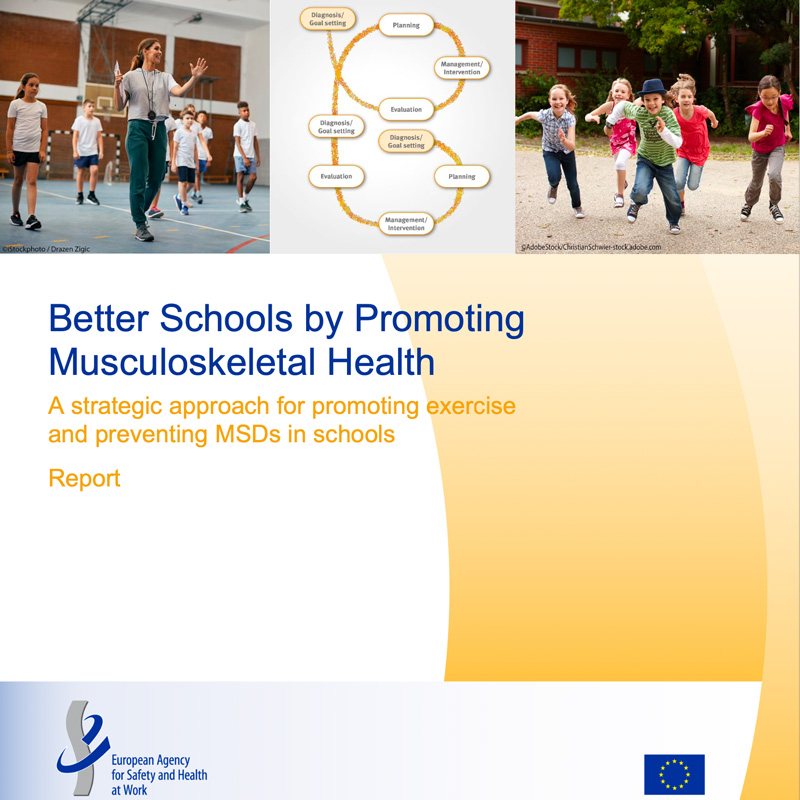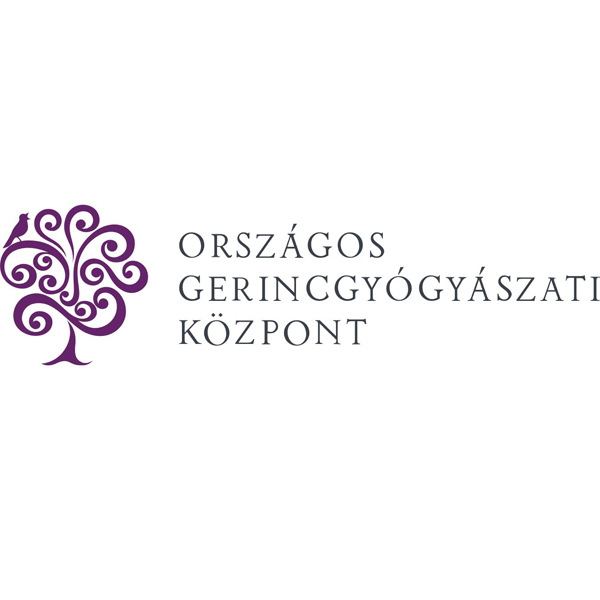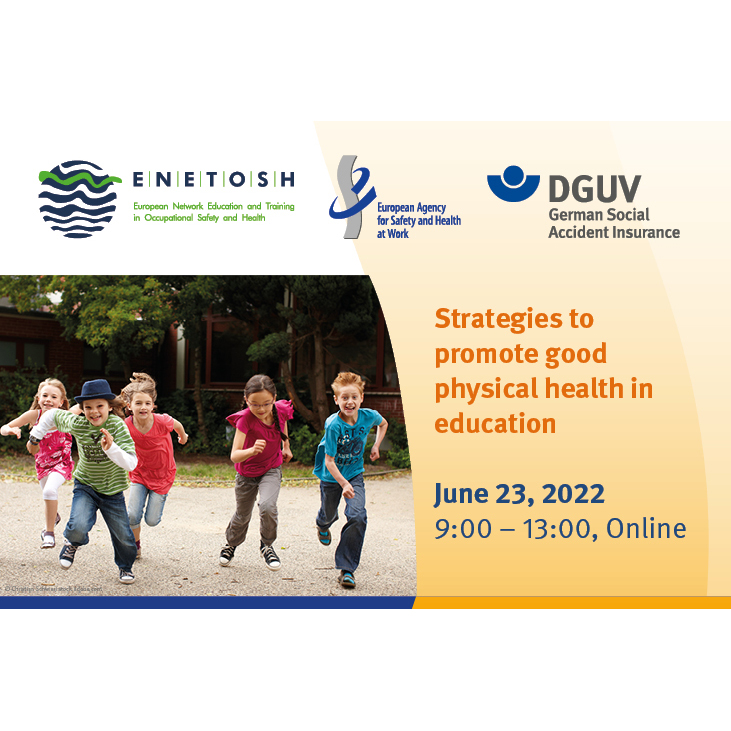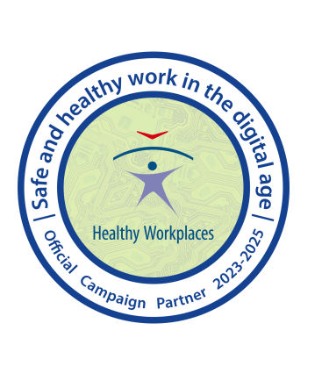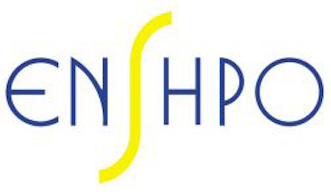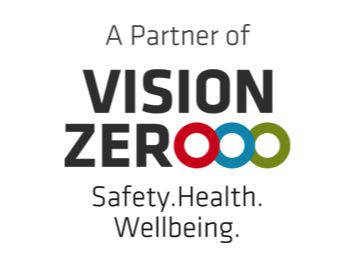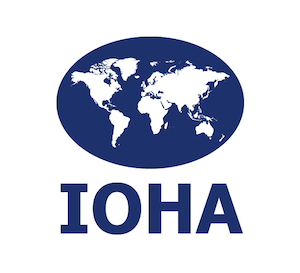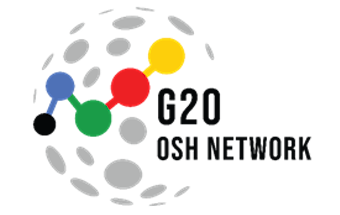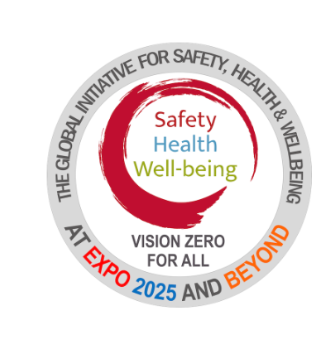New Member of ENETOSH from Greece
22. Aug 2022 /
Read more … School of Health Sciences, Nursing Faculty, University of Thessaly
A global movement: Vision Zero and 5Z Culture
22. Aug 2022 /
European Policy Stakeholder Survey
22. Jun 2022 /
Read more … Regulation and policy for the prevention of psychosocial risks in Europe
wos.net international conference
29. May 2022 /
New report by EU-OSHA and ENETOSH
19. Apr 2022 /
Read more … Better Schools by Promoting Musculoskeletal Health
Military aggression against Ukraine
06. Apr 2022 /
New Member from Hungary
23. Mar 2022 /
ENETOSH - EU-OSHA Online Event
08. Mar 2022 /
Read more … Strategies to promote good physical health in education

